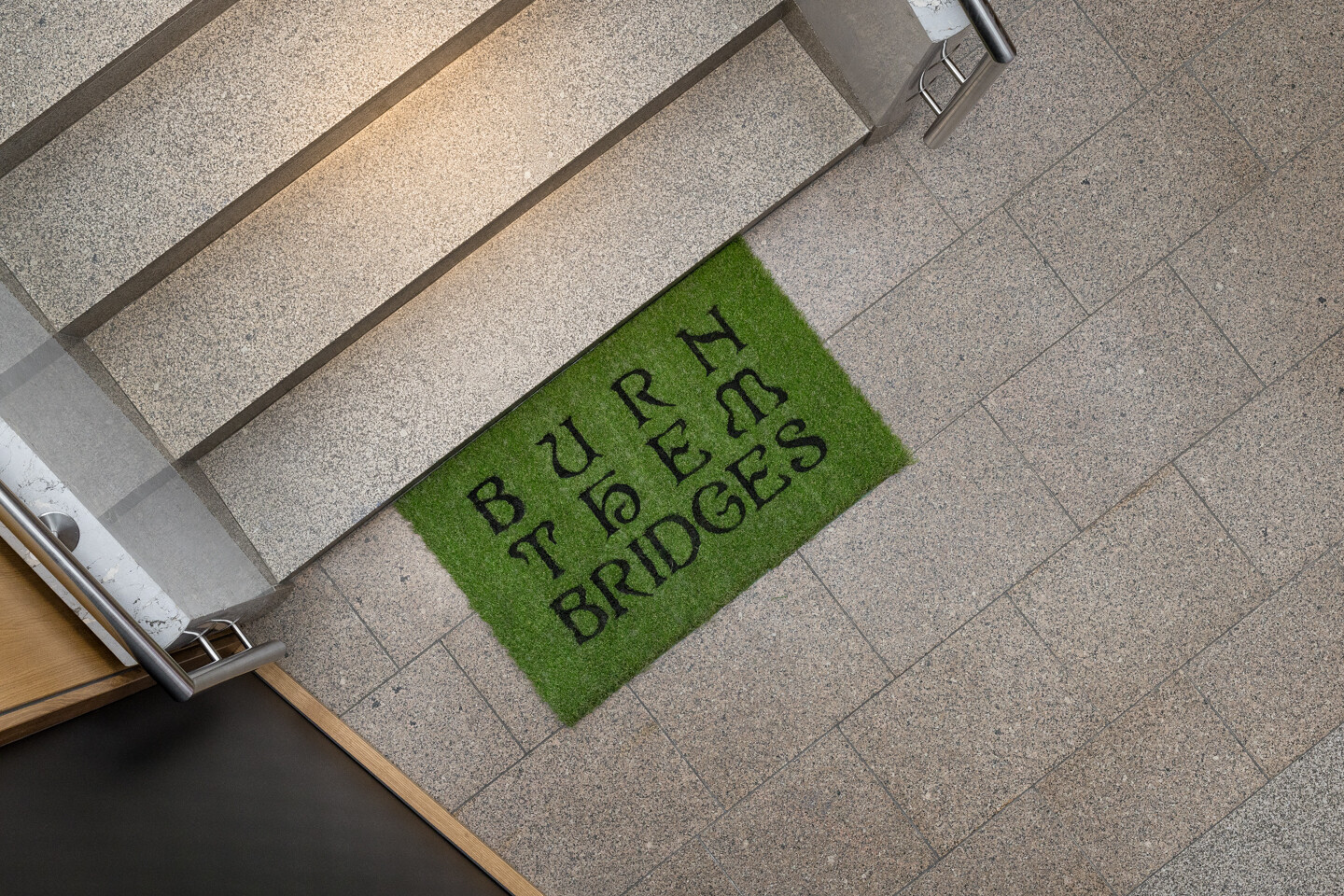Episode 01—where do we grow from here
April 1, 2023
Artists: Mirsini Artakianou, Detel Aurand, Margrét H. Blöndal, Felix Deiters, Anna Miklavčič, Ioannis Oriwol, Leon Purtscher, Till Röttjer, Masami Saito, Martha Steinmetz, Rio Usui, Khashayar Zandyavari.
nova space, the university gallery of the Bauhaus-Universität Weimar, has moved into the Schiller-Museum with the opening of its EPISODE 01—where do we grow from here on Saturday, April 1, 2023. The exhibition is dedicated to the pressing question of the effects of perpetual growth and explores aspects of physical and organic, but also mental, personal and digital growth.
where do we grow from here is the title of the first episode of the year-long POWER HOUSE exhibition, with which nova space inhabits the Schiller-Museum of the Klassik Stiftung Weimar to mark the 100th anniversary of the first-ever Bauhaus exhibition. The name of the first of several planned episodes is a continuation of the question that Walter Gropius posed back in 1919 when founding the Staatliches Bauhaus: “How will we live, how will we settle, what forms of community will we strive for?” The exhibition is part of the Klassik Stiftung Weimar’s annual theme “Wohnen” (to live, to inhabit), based on Gropius’ question.
The starting point for this inaugural presentation is to briefly pause and reflect on the questions of where we stand and where we want to go—both as a society and as individuals. Never before have there been more people on our planet than now. Resources have never been more contested, space scarcer, environmental changes more palpable than in the present.
A new generation is now asking how we want to continue moving forward; how we wish to develop, grow and evolve and what aspects play a role in this process. The exhibition explores the connections and discrepancies between measurable growth (such as economic growth or gross domestic product) and experienced, felt growth (such as happiness and contentment) and the effects of these seemingly opposing aspects on our living space.
No answers to these major questions await visitors to where do we grow from here. Rather, the participating artists—five students from the Bauhaus-Universität Weimar, four alumni and three international artists—offer individual perspectives that aim to encourage each individual to reflect for themselves. At the same time, POWER HOUSE is also conceived as a dynamic project. Starting from this first episode, it will continuously change, grow and shrink, spreading across the museum, the public space, and all the way to the campus. Curated by Katharina Wendler.
Visit here to download the exhibition flyer. The exhibition is accompanied by an extensive program of lectures, performances, screenings, workshops, yoga and much more. For more information on upcoming events, see here.
Events
Guided tour with curator Katharina Wendler: April 13, 3–4pm. Curator Katharina Wendler will give a guided tour of the current exhibition Episode 01—where do we grow from here by the university gallery nova space, which is a guest at the Schiller-Museum in 2023.
POWER ON! performative event with Katrin Steiger and students: April 19, 7–10pm. For the sustainable and energetic activation of the POWER HOUSE in the Schiller-Museum, all interested parties are cordially invited to a guided opening ceremony to inaugurate the exhibition space together, to expand their consciousness and to create
Opening hours: Tuesday to Sunday, 9:30am to 6pm.
Admission fees: Admission to the exhibition and the entire events program is free.
A collaborative project between Bauhaus-Universität Weimar, nova space university gallery and Klassik Stiftung Weimar.
This year, the Klassik Stiftung’s annual programme is focusing on the Staatliches Bauhaus Weimar with the theme of “Wohnen” (to live, to inhabit). The foundation will look at the future of housing and coexistence, invite people to engage with sustainable building, discuss topics such as displacement and gentrification, and relate these to historical forms of housing. For more information, see here.
For more information, please contact the curator Katharina Wendler (katharina.wendler [at] uni-weimar.de).







